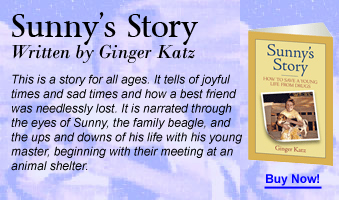![]()
November 18, 2017
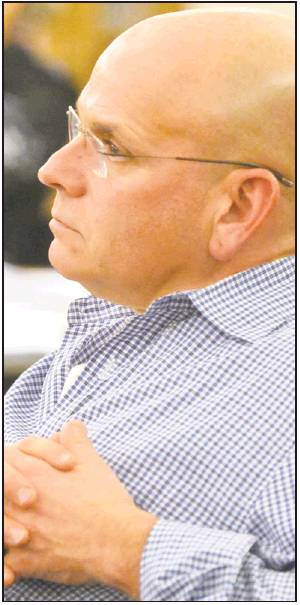
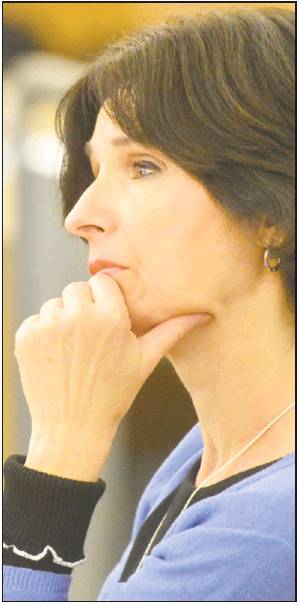
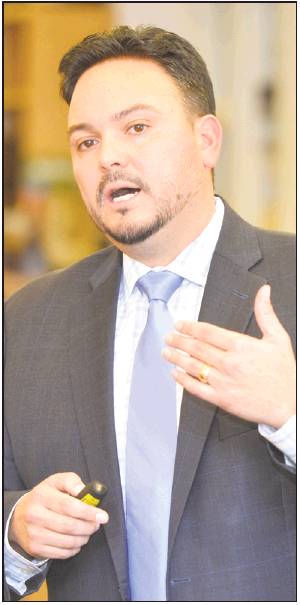
Carlos Reinoso Jr., left, talks about opioid addiction during an opioid prevention course for the parents of elementary, middle and high school students at West Rocks School on Thursday. Ginger Katz, of the Courage to Speak Foundation, is presenting the program, Parenting Through the Opioid Crisis and Beyond and is working with Norwalk Public Schools to offer it at every middle school in the district.
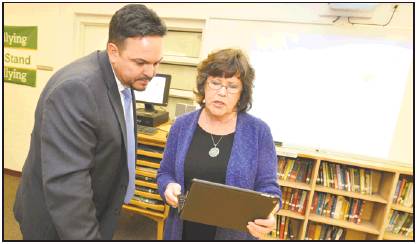
Alex von Kleydorff / Hearst Connecticut Media
Ginger Katz goes over some of the program notes with speaker Carlos Reinoso Jr. during an opioid prevention course for the parents of elementary, middle and high school students at West Rocks School on Thursday.
In keeping with the gateway drug theory, the presentation included tips about preventing the use of any type of drug.
“We have that tendency to supersize,” or seek more powerful experiences — a “real beer” instead of Bud Light, heroin instead of oxycodone, Reinoso said.
Teens are more likely to start with drugs they consider socially acceptable that are easy to access. That includes many medications. Reinoso recommended counting the number of pills in containers, securing them and discarding them once they’ve expired. Do the same for the medications of relatives, especially grandparents, he said.
Other advice included checking in with the parents of the home where a party is being held before it takes place to make sure an adult will be present, ensuring children have a yearly medical checkup and being proactive.
“Don’t wait until you suspect something to have the conversation,” said Reinoso.
He said children are especially susceptible to starting drugs during times of transition — for example, changing schools or going through a stressful period with friends or family.
Comments from the audience included concerns that children and grandchildren were normalizing marijuana and antianxiety and antidepressant medications.
“She’s not alone,” Reinoso said to one parent who voiced such worries. “There are many.” He suggested explaining that medical marijuana is different from recreational marijuana and being careful to react in a way that makes the child feel safe having those types of conversations.
Bilicznianski asked, “Is there a plan to mandate this throughout the state? I think this is invaluable.”
“We’re working on it,” Katz said.
After everyone left, she seemed energized by the response to the course but concerned about the low turnout. “It’s difficult at 6 o’clock at night,” she said.
But she was already thinking of solutions, such as a one-night course or a version that parents could consume on their phones. “We have to reach parents where they are.” rschuetz@hearstmediact.com; @raschuetz

